The public facing university
How the pandemic reshaped research at the University of Birmingham
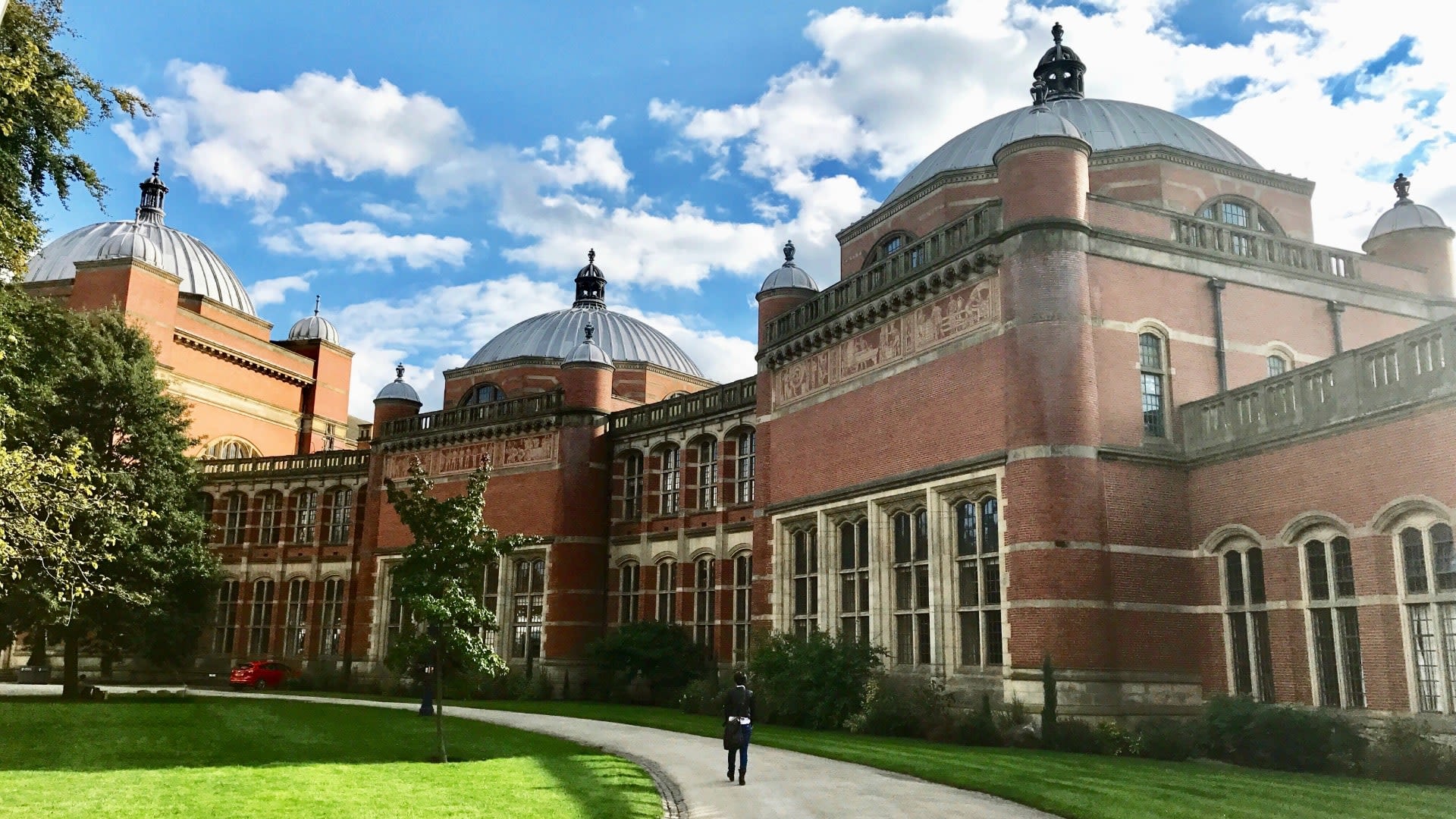
At the start of the Covid-19 pandemic Professor Sir David Eastwood, Vice Chancellor of the University of Birmingham in the UK, told his heads of departments something no university faculty member ever expects to hear.
“You don't need to worry about money. We'll sort that out after. Let’s make the contribution that we can make now.”
Opening the spending taps allowed the university to make significant and immediate research contributions to the global fight against the pandemic, from pioneering rapid testing to helping map Covid genomes.
Sir David, whose position is the equivalent of a university President in the US, plans to keep that revolutionary spirit alive well beyond the pandemic. In a webinar from September 2021 he explained to The Chronicle’s assistant managing editor, Ian Wilhelm, the implications for everything from interdisciplinary research to demonstrating the economic benefits of academia and transforming processes for faculty members.
“Davos with solutions”
The University of Birmingham is part of the Russell Group of 24 research intensive universities in the UK, roughly equivalent to the Association of American universities in the United States. As such it was primed to respond to the pandemic.
Located in the heart of the UK’s second largest city, the campus contains a major research hospital and, uniquely in the UK, a dedicated high school nearby. That gave it a direct view of two major aspects of the pandemic - the immediate medical crisis, but also the longer-term effect on social outcomes, and the potentially unequal impact on different social and racial groups.
The university’s response was immediate. Laboratories were swiftly repurposed to allow technicians to work on developing tests, while the university was made available as a central testing point for the local community. The unprecedented pace of institutional change led, Sir David says, to a realization that the university could transform in other ways too.
“We understood that, when there is the imperative to get things done, we can move much more quickly than we have in the past.”
Crucial to the university’s contribution was the joint working of applied and social scientists, as well as medical researchers, in a new level of interdisciplinary collaboration. New links with other academic institutions, and public and private bodies, were also forged online and through Zoom.
A year later Sir David set up the Forum for Global Challenges, a conference which will take place at the University for the first time in 2022. It will seek to build on the pandemic experience of using interdisciplinary methods to produce real world impacts. Faculty members will work alongside the UN and private sector bodies to propose methods for tackling some of the world's biggest challenges from climate change to inequality.
“The idea,” Sir David says, “is for the forum to be a form of Davos, but with solutions.”
Sir David is keen to emphasize, however, that collaboration across disciplines should not mean abandoning the existing university model, where different academic disciplines are defined around a taxonomy of knowledge. He has already made that mistake once, he says.
Ten years ago, soon after he became Vice-Chancellor at Birmingham, he was determined to break down the silos represented by the nineteenth century German model of the university. He urged faculty members to recast themselves as energy specialists, rather than physicists, for example.
At the time he encountered stiff resistance from faculty, and now he feels the pandemic has shown why his colleagues were right to oppose him. The deep specialisms that the university system fosters allowed academics to bring together diverse skills to produce applied research.
“It wasn't the university President saying, let's change the structures, it was academics who were choosing to work in an interdisciplinary way,” Sir David says of Birmingham’s pandemic breakthroughs.
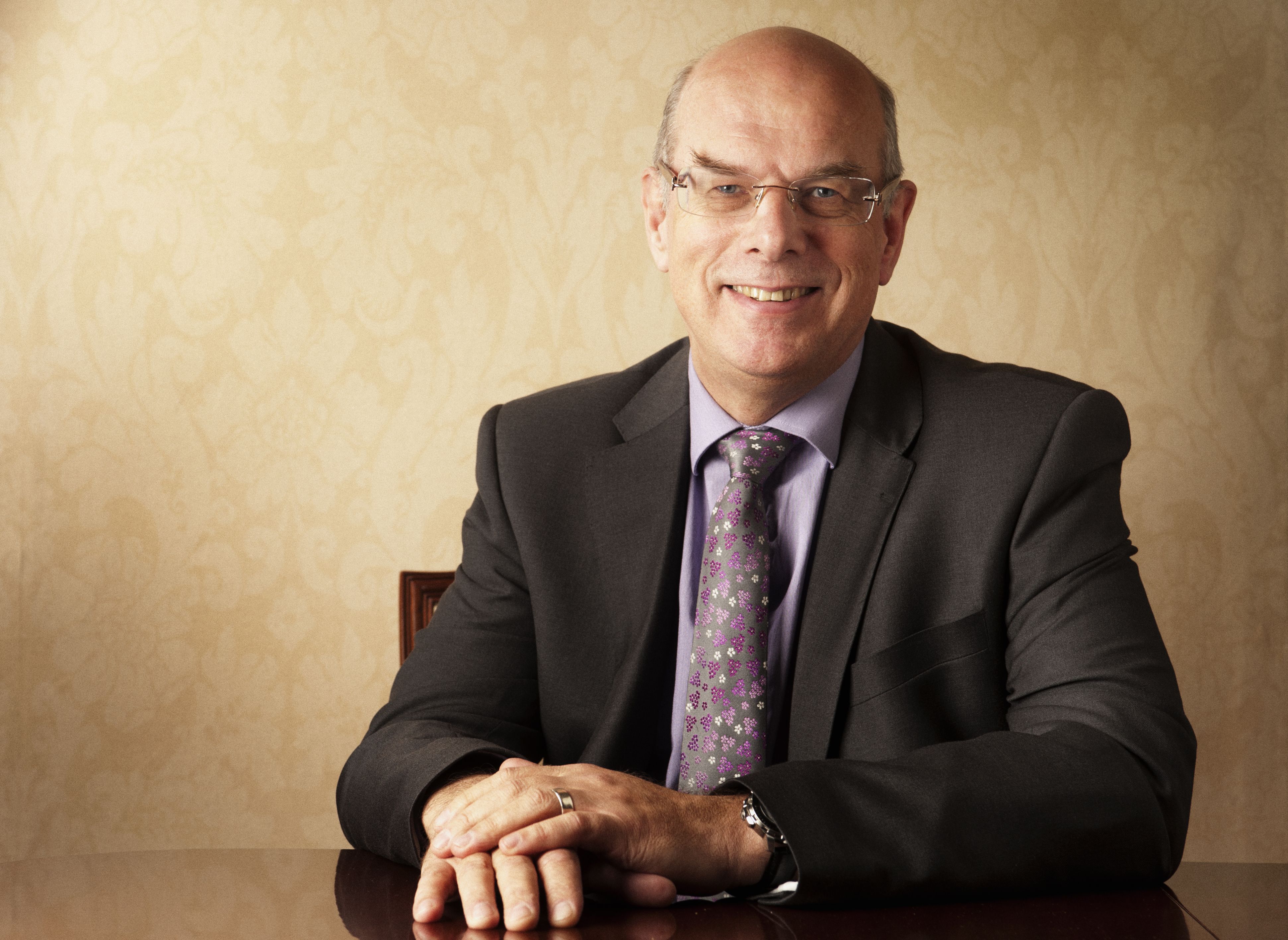
Sir David Eastwood, Vice Chancellor of the University of Birmingham in the UK
Sir David Eastwood, Vice Chancellor of the University of Birmingham in the UK
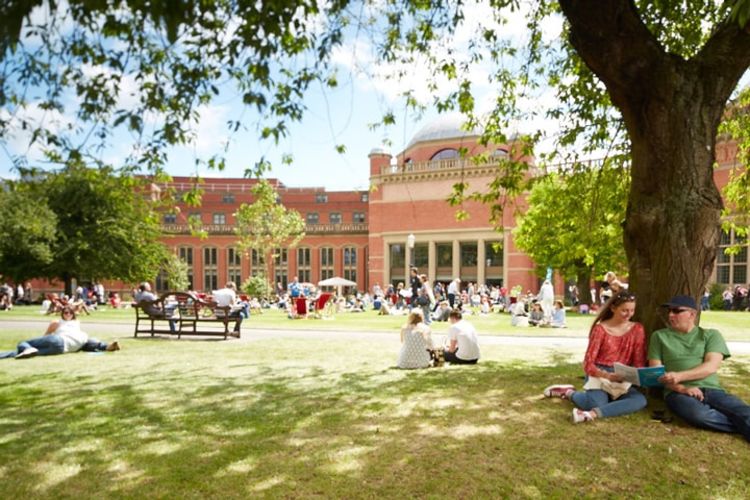
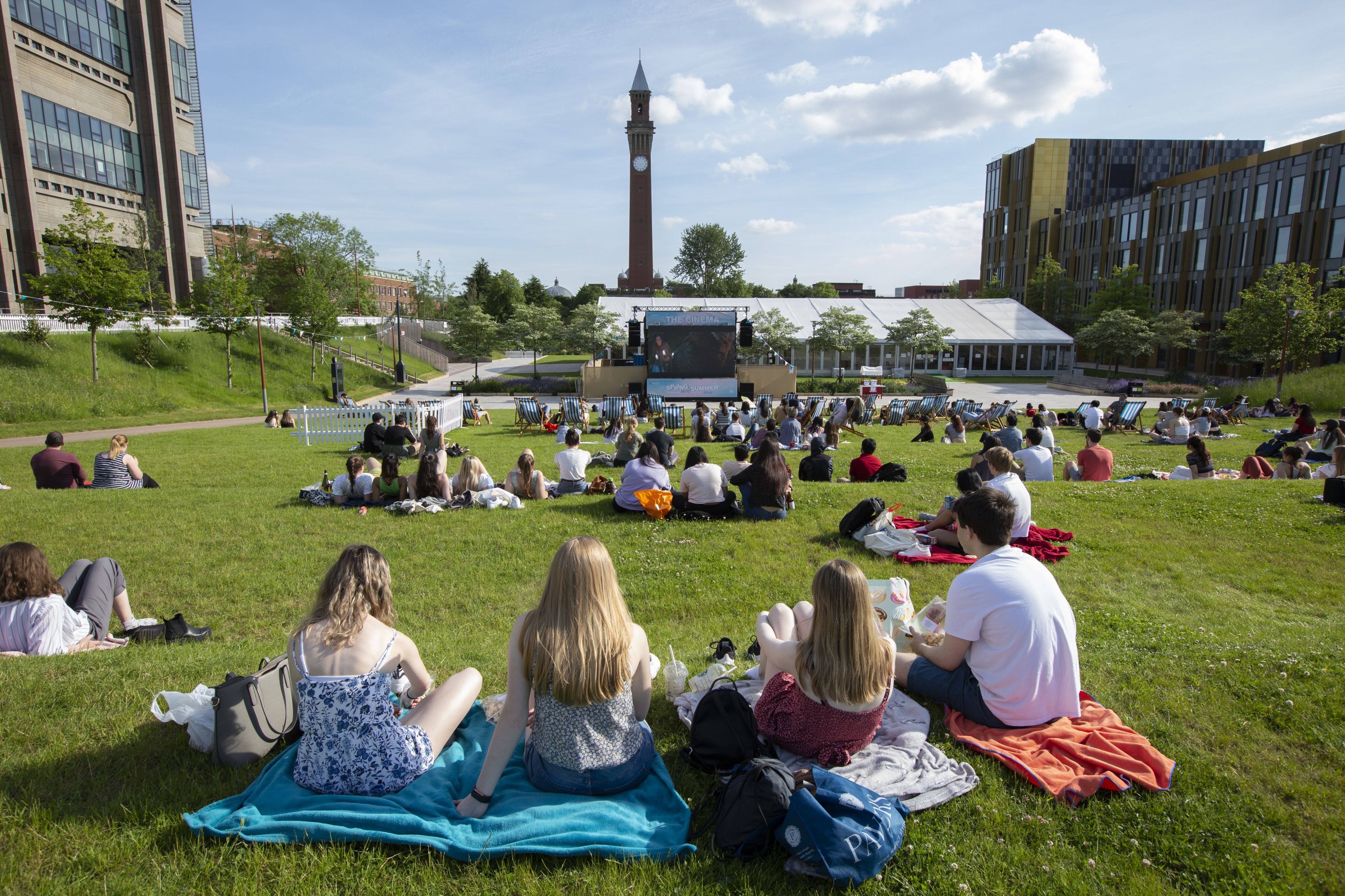
Persuading the people
Instead of changing how universities work, what Sir David advocates is changing how that is explained to the public.
With Birmingham professors and scientists regularly called on to explain pandemic control measures on television and radio, he believes more can be done to demonstrate the value of academia to the population at large.
Again, he is putting the university’s finances behind this conviction. In a world increasingly focused on remote methods of communicating, the university has invested in a large building in the center of Birmingham, where its research will be showcased to the city’s residents. Called “The Exchange”, the building is set to open this month and will also offer courses to non-students.
“It's about taking research to where the people are and where they can engage with it."
The emphasis on proving value extends to understanding of the relationship between academia and government, especially crucial in the UK where most research funding comes from the state.
In a previous role as chief executive of the Higher Education Funding Council for England, Sir David found himself asked by the UK’s Treasury Department to show the return on each dollar invested in research. He was disappointed to find that, “Most of our answers were slightly convoluted and involved taking a fair amount on trust.” That led him to pioneer changes so that now public, social, and economic impact counts for a quarter of the scoring when academic research is evaluated in the UK.
Short-circuiting bureaucracy
While the University of Birmingham is known for its cutting-edge research, it is also home to tens of thousands of students, and the day-to-day workplace for thousands of faculty and support staff.
The pandemic put unprecedented pressure on those staff, tasked with caring for children, while remaining locked in homes, and answering a global call to arms for academics to help overcome the Covid menace. Sir David is adamant that the revolutionary spirit of the early pandemic should benefit faculty as much as research outcomes.
Again, the Birmingham approach is a combination of heavy investment and institutional change. The university has advertised 350 new posts since the start of the pandemic to relieve overworked staff and will soon open another 250 positions.
At the same time, it substantially cut back on paperwork and automated processes. “Universities are quite cluttered environments. From the outside they can look sort of byzantine,” Sir David says. “We short circuited a lot of that in Covid and we should hold fast to process simplification.”
Just as states are looking to ‘build back better’ after the pandemic, universities like Birmingham are looking to consolidate the vast improvements they were able to make to research methods and organizational processes in a very short space of time.
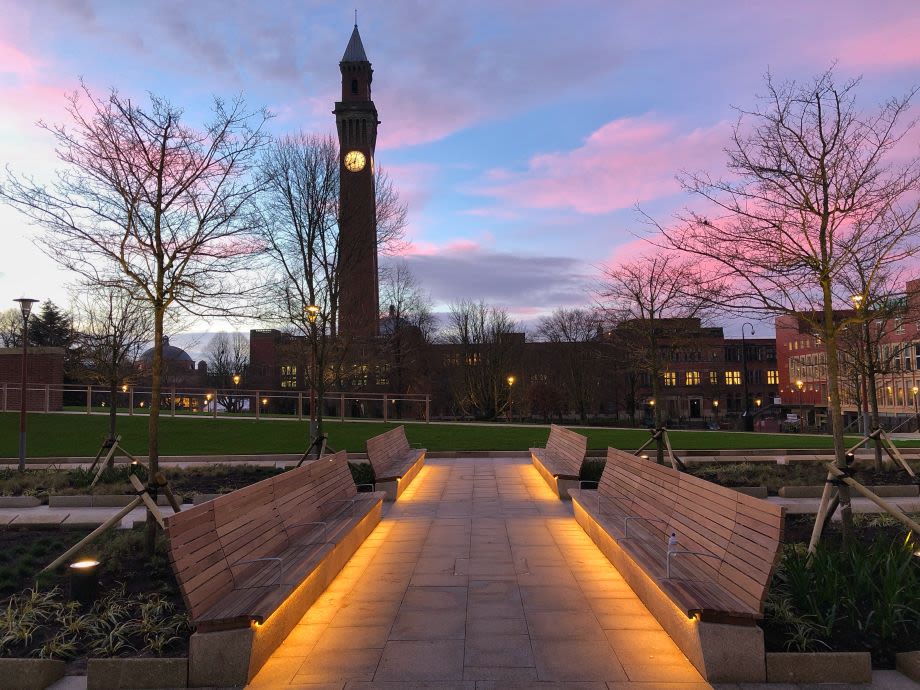
This content was paid for and created by University of Birmingham. The editorial staff of The Chronicle had no role in its preparation. Find out more about paid content.



